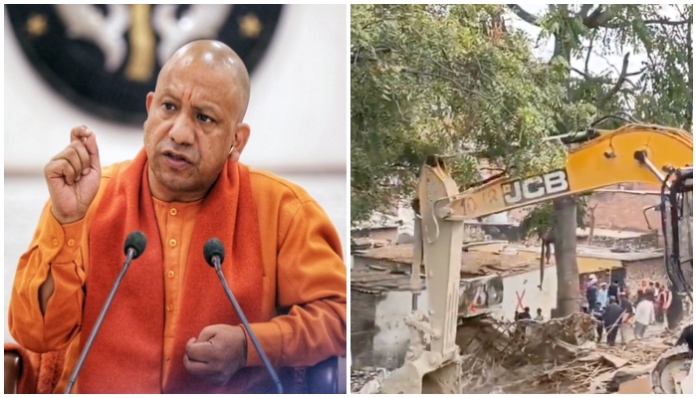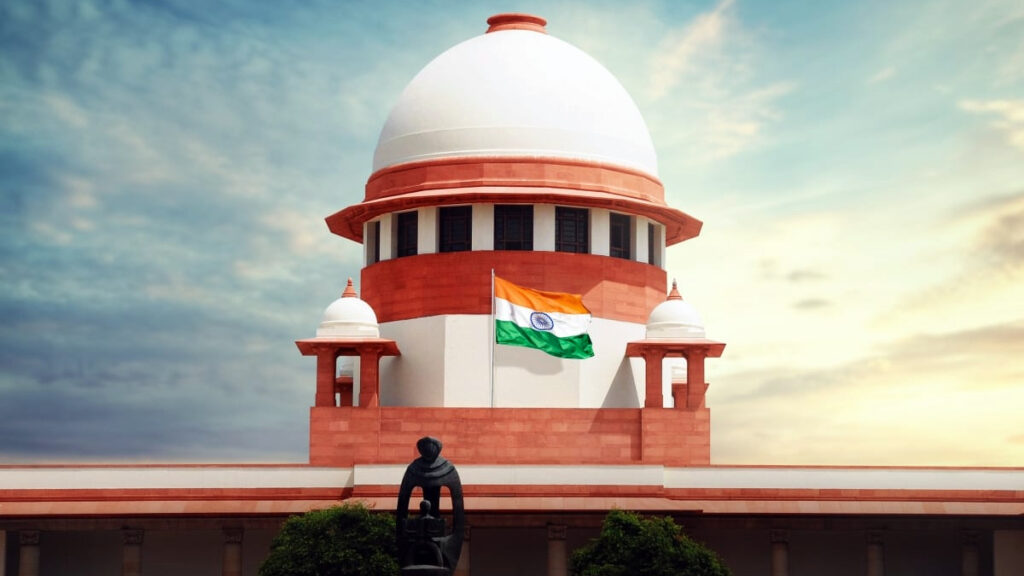
Males can also fall prey to sexual assault; boys make up a large number of POCSO victims: Kerala High Court
Last Updated on February 28, 2024 by News Desk
Issue:
The Kerala High Court discussed the state convention that only gynecologists—preferably women—are called upon to evaluate those targeted of sexual assault. A physician petitioned against this practice.
Facts of the Case:
Justice Devan Ramachandran observed throughout the hearing that although women make up the majority of victims of sexual assault, males may sometimes fall victim to these horrible crimes. Citing an upsurge in instances involving boys, especially under the Protection of Children from Sexual Offenses Act (POCSO Act), the court highlighted that sexual assault is not limited to females. The petitioner disagreed with the policy, stating that a more inclusive strategy that acknowledges victims of both genders is necessary.
Arguments Presented by Parties:
The doctor who filed the petition disputed the accepted practice and argued in favor of a more all-encompassing strategy to assist sexual assault victims. They objected against the custom of just calling gynecologists, stating that victims should be treated by medical personnel of both genders.
However, the court upheld the procedure, stressing that its goal was to give victims—mainly women and girls—the best possible help. While the policy may primarily address female victims, Justice Ramachandran noted that it does not exclude out male victims. The court emphasized how crucial it is to identify and cater to the requirements of each and every victim of sexual assault.
Judgment Delivered by Court:
Despite admitting the protocol’s legitimacy, the Court stated that it would be willing to reevaluate its application. Prioritizing victim assistance over personal comfort, Justice Ramachandran urged the petitioner, stressing the need of societal commitment in tackling the problem of sexual assault. The Court made a commitment to deal with any practical problems with the procedure and reiterated the need for comprehensive care for all victims, regardless of gender. On March 5, the Court decided to consider the case further.
Written By: Nikita Shankar @nikitaashankar




